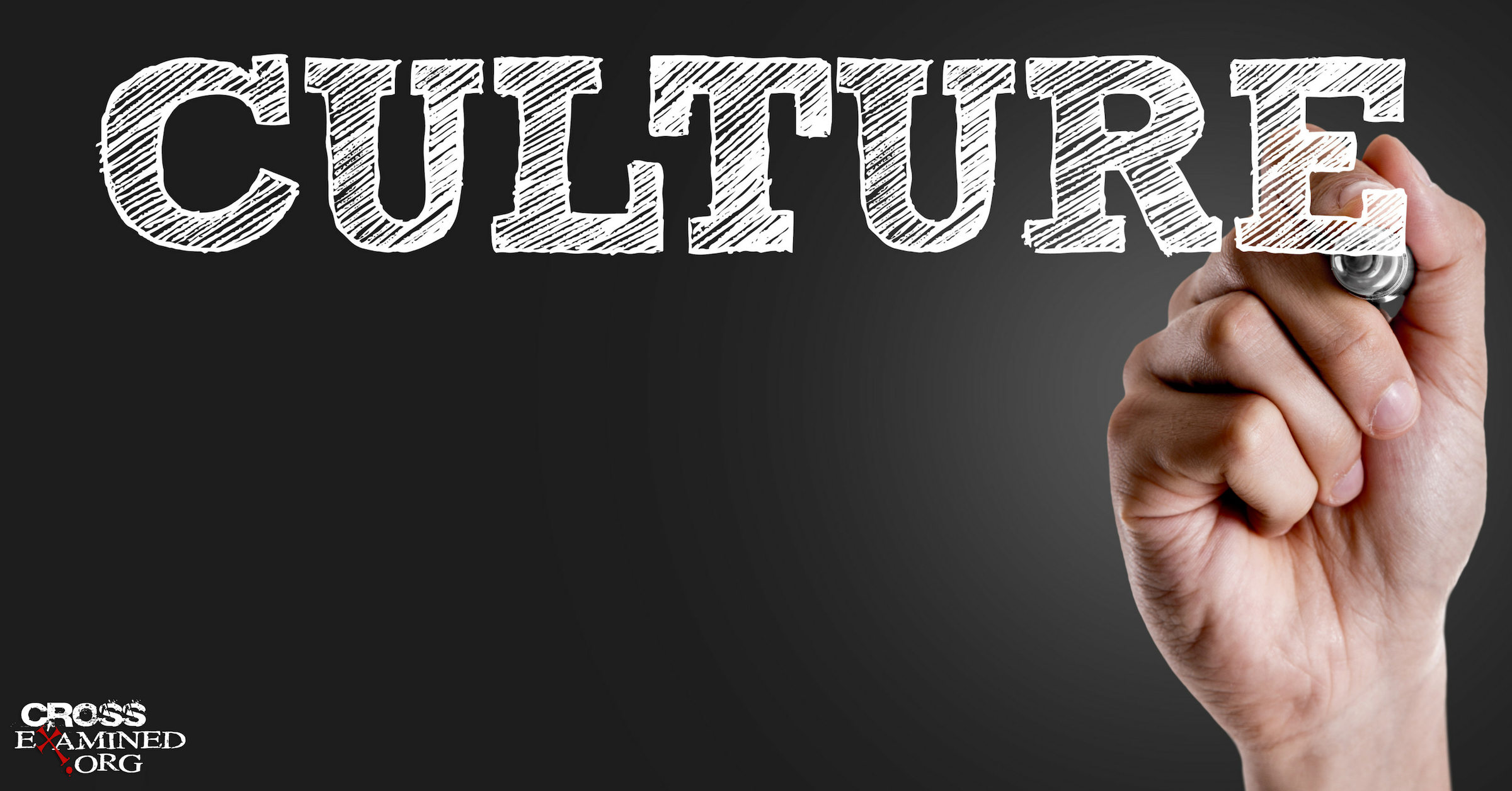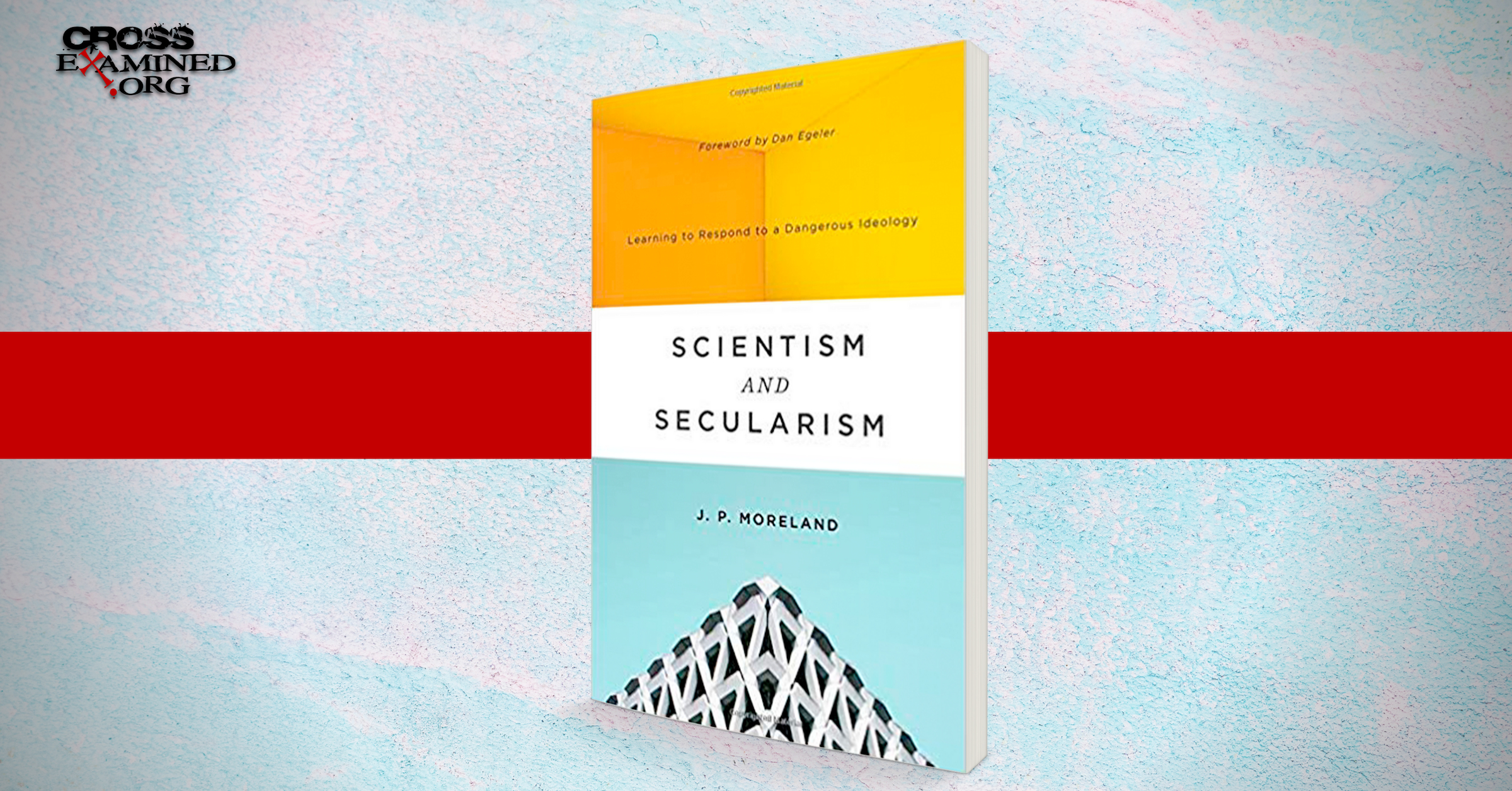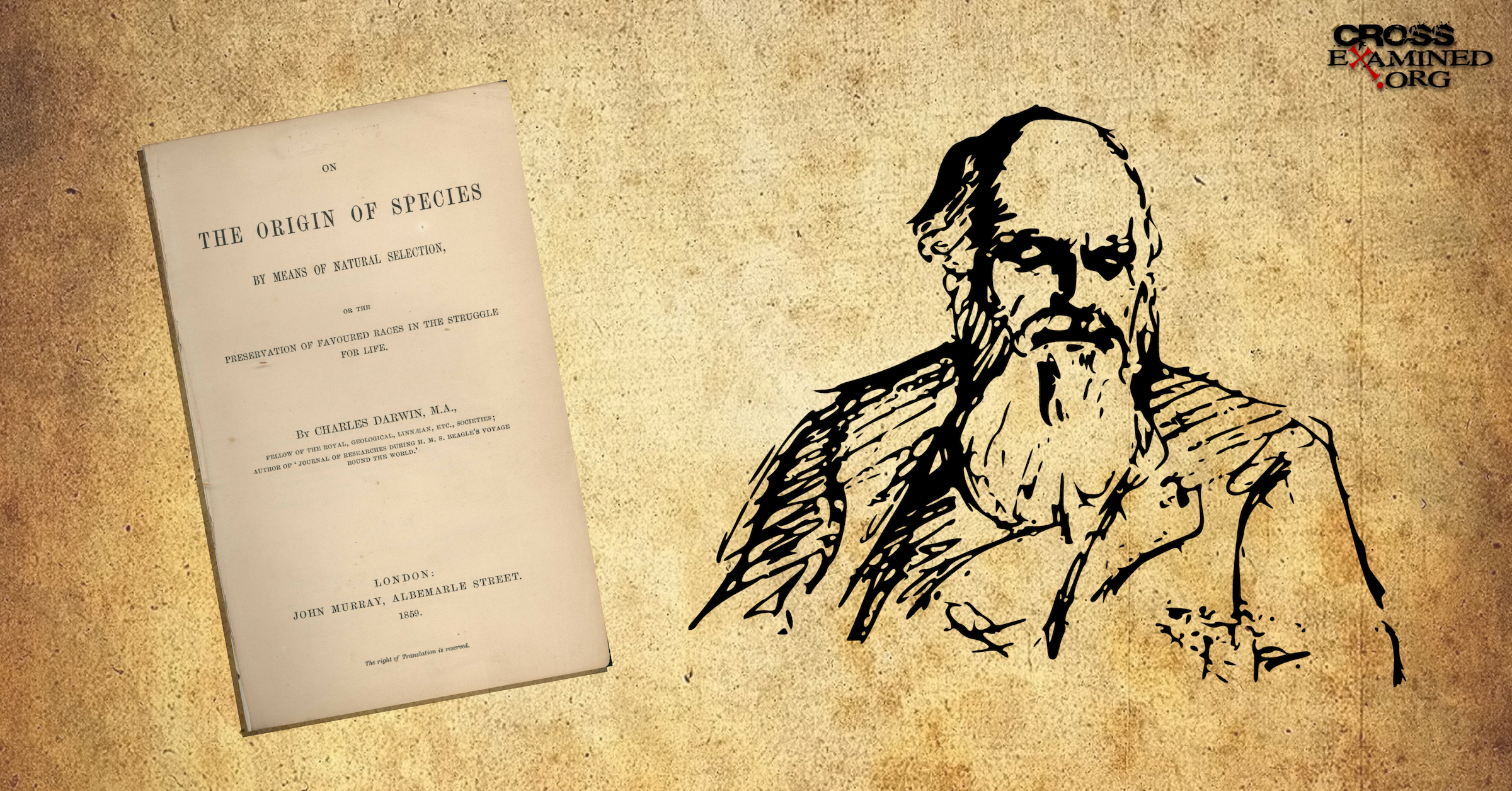Daniel was a young man when his world changed.
The world Daniel knew and grew up in changed to a world contrary to his culture and his faith. Christians today find themselves not immune to the shifting cultural changes of society. With this brings personal and communal challenges of what is the Christian response and role in culture. It becomes vital figuring out how to respond to culture with a stance in Apologetics, through actions reflecting Christ and standing firm in the faith.
One response could be disengagement. However, as Chuck Colson wrote in “How Now Shall We Live?” Christians should not shy away from culture, but be prepared to minister, serve, and share the Gospel. Disengagement from the culture is not a best response nor should it be a choice. Instead, as Christians, what needs to be done is finding ways to engage and live within society as Daniel did, but without compromising Biblical values. This is a fine line to walk, but the reality is Christians must live and interact within the society and culture.
Although Daniel could have tried to escape with repercussions, he becomes an example of courage and steadfastness in a culture different from his own. When offered food considered defiling (Daniel 1:8-16), rather than compromise, Daniel relied on his faith in God. God’s response for Daniel’s faithfulness was favor not only in God’s eye but through later circumstances the king’s so Daniel was given opportunities to display in words and actions, credit to God.
For Christians, Daniel’s responses to his world is an example of the Christian response to modern day culture. While Daniel did not have a say in where he lived, he did have a choice in how he would respond to society and culture. Likewise, so do Christians and one form at a believer’s use is in the form of apologetics. Mary Jo Sharp writes in, “Living in Truth” apologetics is, “making a case for belief in the Christian God, which includes answering objections to belief in God.” This echoes 1 Peter 3:15 of being prepared like Daniel to give reason and why to belief in God. For those unfamiliar with apologetics, there are Bible studies geared toward teaching believers not only how to share their belief, but even how to defend their belief. Daniel use every opportunity to credit God and use those moments to be a testament in his faith in God.
Paul, in the book of Acts, interacted with diverse groups of people in a form of apologetics where though the message of the Gospel stayed the same, he considered how he interacted with society and the culture. There are many ways to handle the encounters without changing the message. Tim Muehlhoff argues the greatest skills for Christian is not in debating but recognizing and affirming God’s truth through conversations with people and how Christians engage others in their daily lives. The challenge is engaging in culture while not being part of culture (John 17:13-19). Obviously, Daniel was facing more extreme situations where he had little if any say in his life. However, like Daniel, he showed the struggles for us as Christians, being under pressure to conform to society and culture without compromising values and belief.
Those who follow Christ are called to shed light on the Gospel to the world. (John 17:15). There is the reality though not to be too influenced by the world. (James 1:27; 1 Corinthians 7:31; Romans 12:2; 1 John 2:15). One solution is suggested by Dr. Jim Eckman for believers to evaluate how they speak the language of Christianity in a relativistic world. This also brings the need to do heart checks and determine if one’s faith and even actions line up with Christ. A favorite quote from Francis Schaeffer is:
“We are not excused from speaking, just because the culture and society no longer rest as much as they once did in on Christian thinking. Moreover, Christians do not need to be in the majority to influence society.”
Daniel was one man, but he held fast to God, and by obedience, he followed God. The same can be said for modern Christian engaging others in an increasingly secular world. Reality, this can make casual conversations and daily interactions sometimes a complex manner. The concept of what is truth is becoming more convoluted and with it changing definitions of even what is tolerance. Christians are supposed to be counter-culture. John Lennox saw post-modernism having within itself a self-contradiction of “no absolute truth” while the Christian finds themselves sharing truth seen through the eyes of God.
When looking at how Daniel handle his response to a changing society and culture, what is found is a core commitment to God. While the Christian finds themselves immerse in day to day engagement with people in real life or even on social media there is a point of conflict when the two worlds meet. Apologetics calls for sharing the truth of God’s world which is a contrast to a pluralistic world where sometimes the prevailing idea is “live and let live.” For the Christian, this is not biblical and laced with grey areas of morality not founded on biblical truth.
Apologetics is about finding common ground to be able to engage in conversations where the message of the Gospel can be interlaced in conversation. It is easy to react to a post-modern society without grace or think culture is useless, but Theodore Turneau countered like Paul, use culture in a way to connect with non-believers without compromising the message. Disengagement from society and even culture will not help discussions. Disengaging can be detrimental or even argued contrary to the “Great Commission” (Matthew 28:19-20). Every day brings with it new challenges to those who follow and believe in Christ. The challenge then lies in the Christian understanding more what is their role in society and culture and how to engage in the community in a way which reflects Christ.
Notes
Charles W. Colson.”How now shall we live?” Journal of Markets & Morality, vol. 5, no. 1, 2002, p. 287+.
Dr. Jim Eckman. “Culture and the Christian: Separate, Identify or Transform? – Issues In Perspective.” Issues In Perspective. 31 Dec. 2011. https://graceuniversity.edu/iip/2011/12/11-12-31-1/.
James A. Patterson. “Cultural Pessimism In Modern Evangelical Thought: Francis Schaeffer, Carl Henry, And Charles Colson,” Journal of the Evangelical Theological Society 49, no. 4 (December 2006): 813.
Mary Jo Sharp. Living in Truth: Confident Conversation in a Conflicted Culture by Mary Jo Sharp (September 26, 2015). Lifeway Christia
V. T. Clark is a graduate student via Houston Baptist University Online graduate program. She holds a Bachelor’s degree in Christian Ministry with a minor in Biblical Studies from Liberty University. She’s currently part of HBU Chapter of Ratio Christi at Houston Baptist University, as well as a writer for By Grace, In Faith. V. T. Clark is a member of CAA: Christian Apologetics Alliance and a member of the Evangelical Theological Society. Married to a Combat Marine Veteran, she is dedicated to apologetics, theology, and biblical studies.
Original Blog Source: http://bit.ly/2ABma49











